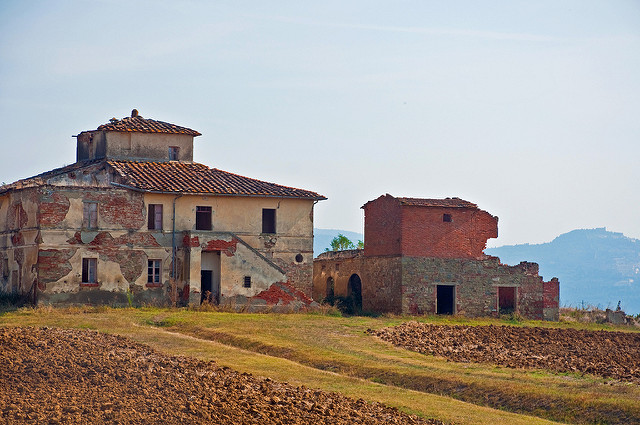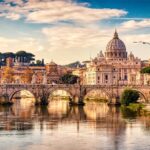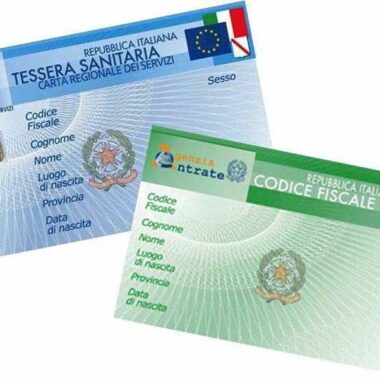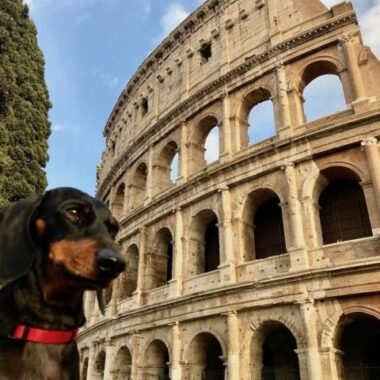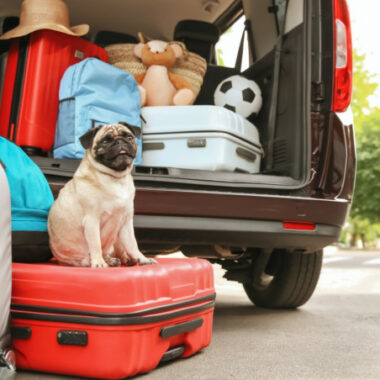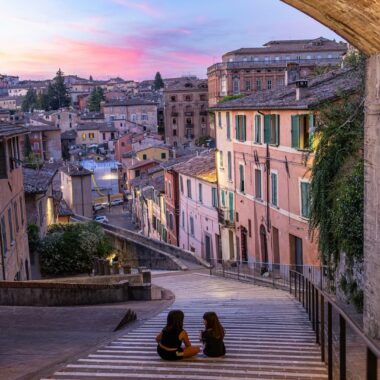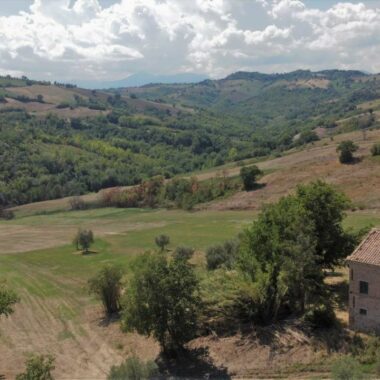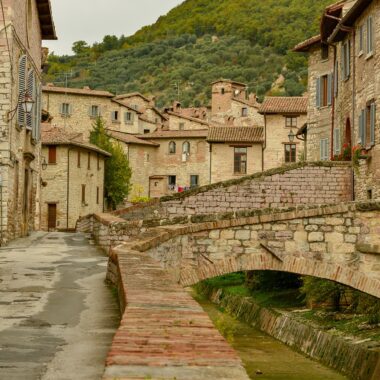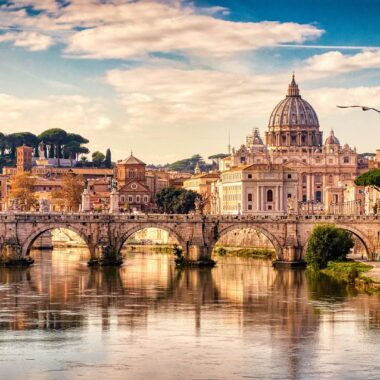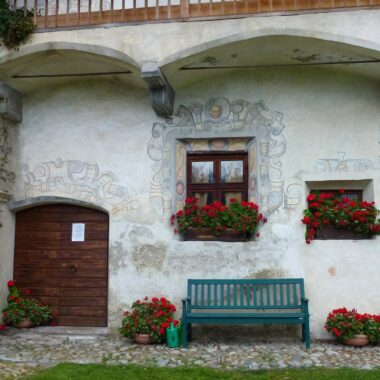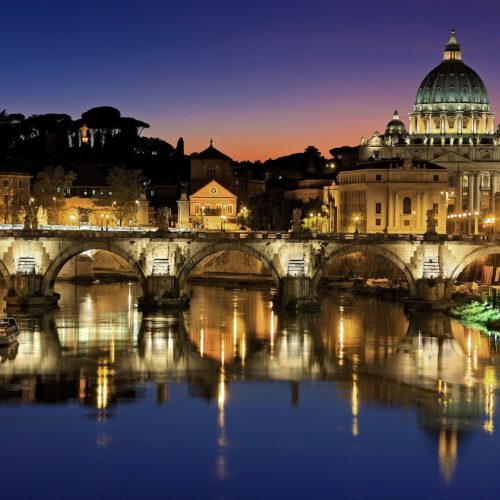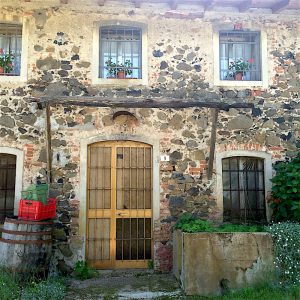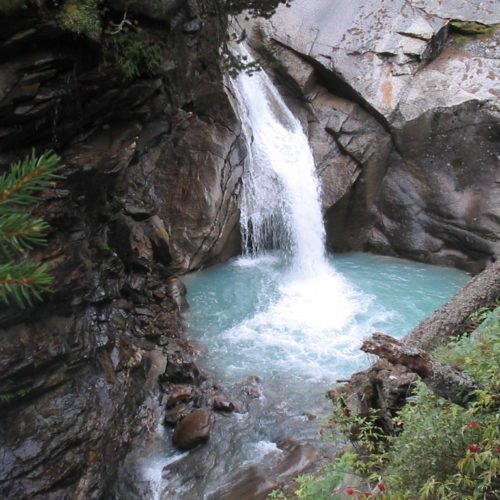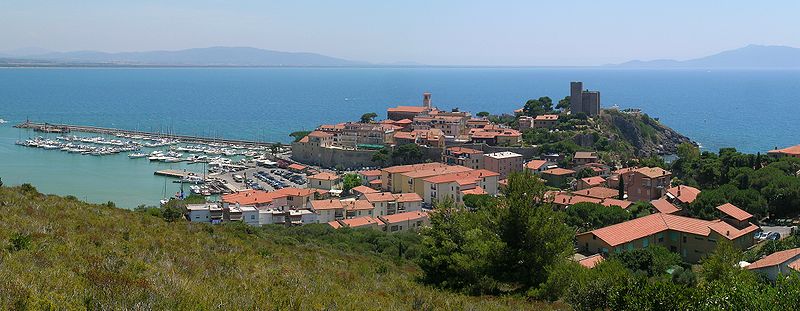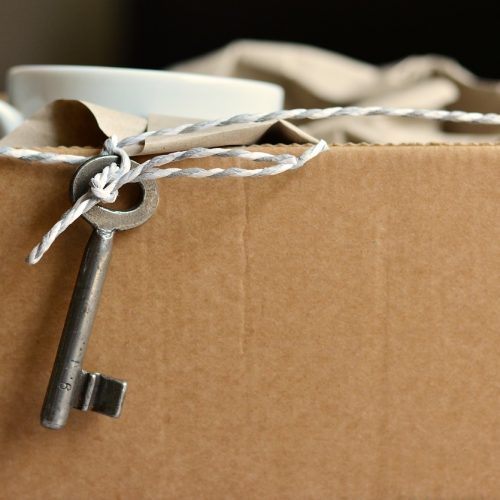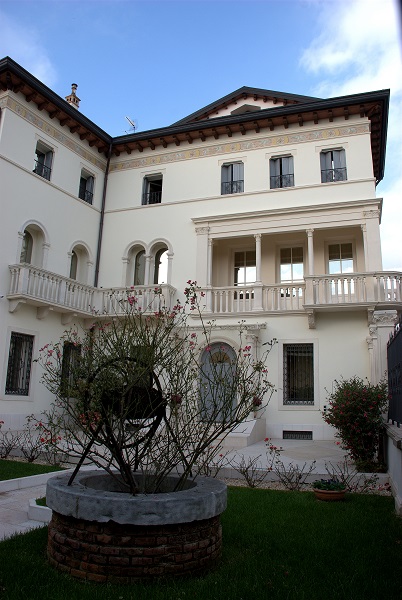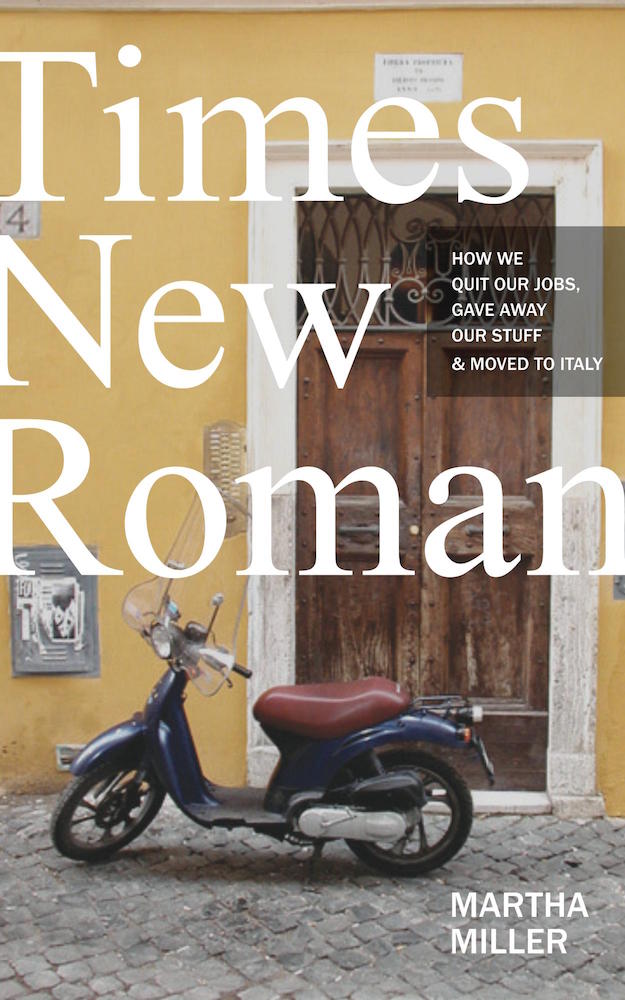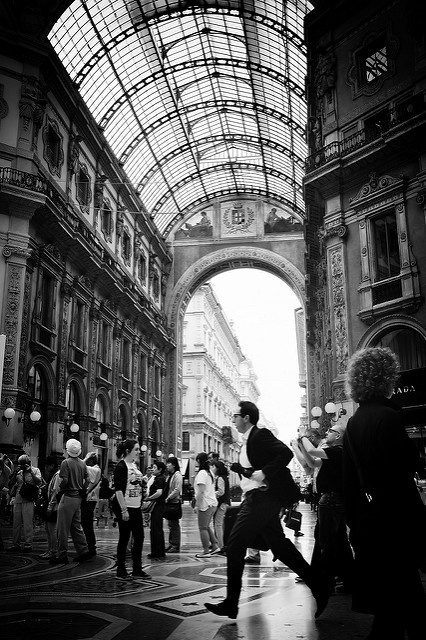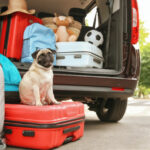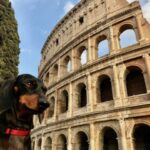Moving to Italy: Forms and Important Items
Forms are available through the nearest Italian Consulate or the Italian Embassy.
Also recently forms have been available online at the Italian Embassy web site
Firearms and Restricted Items:
At the present time there is a ban on the importation of firearms into Italy. The possession of any types of firearms in Italy is strictly controlled and requires the owner to obtain an Italian permit. Even if the ban is lifted, it is recommended that firearms not be included in your shipment as this may cause a delay in the property clearing Italian customs. The definition of firearms includes any weapon that is designed for or can be readily converted to be used for attack, defense, sports, games or hunting by driving a projectile through the barrel. This includes air pistols, air rifles, and firing replicas of antique firearms. (Moreover, you need a license from the U.S. Department of State, Directorate of Defense Trade Controls, to export temporarily or permanently firearms from the United States (with the exception of some shotguns which require a U.S. Department of Commerce Bureau of Industry and Security License.)
Care should be taken not to include other restricted or prohibited items with your shipment. Take with you all copies of documentation covering your shipments, including your automobile, in order to allow them to start tracing if necessary.
Property Insurance:
Italian landlords do not carry insurance against fire, theft, or water damage to the building, apartment or household furnishings of the tenant. Unless you as a tenant take out renters insurance, you could suffer loss or damage which would be difficult to recover, even after long and costly litigation in the Italian courts. Reported cases of housebreaking and theft of personal property (including motor vehicles) are not uncommon. Americans as well as Italians learn to be “security conscious” and realistically evaluate the precautions taken to safeguard their property.
Is Gas expensive?
Yes abut 2 to 3 times the US price per Gallon so you might think before bringing over your 8 cylinder truck over there.
What about Insurance?
Third party liability insurance is mandatory in Italy for all autos, trucks, and two-wheeled vehicles. The policy conditions and premiums are established by law and are standard throughout the country.
Premiums vary according to the horsepower of the vehicle and the location where the vehicle is registered. Premium also depends on the class of the driver ( the class depends on how many years the driver has been driving without accidents). Comprehensive and collision coverage are not included in the compulsory insurance. They are completely optional and specifically must be requested of the insurance agent.
Also, comprehensive and collision coverage is not always available through Italian insurance companies. Green cards must be obtained prior to operation of the vehicle in Italy.
Rules of the Road: see also Driving in Italy
While driving you are required to have with you: a valid driver’s license with Italian translation, a trittico (proof that your car is in Italy legally), and proof of insurance. As with other cultural differences, driving habits in Italy may at first seem strange and even threatening. If you maintain a commitment to alertness and flexibility, you will reduce the anxiety of this adjustment.
Telephone Emergency Numbers in Italy
See also use your Cell Phone in Italy
The law enforcement in Italy:
“Polizia Stradale” (highway patrol). Tel Emergency Number 113 – The state and highway patrol perform all the usual duties as in the states and usually wear blue uniforms.
Carabinieri: Telephone Emergency number 112 – A special corps of the Italian military which acts both as military and civilian police. They usually wear black uniforms in the winter and blue in the summer and are recognizable by the white or black belt (sash) across the chest over the uniform.
Emergenza Sanitaria (health emergency): Telephone Emergency number 118
Guardia di Finanza: Telephone Emergency number 117 – They are the customs police and patrol the borders. They wear green-gray uniforms. Their main task is to control alcohol, cigarette, and drug smuggling. They also control customs, and enforce tax payments in general.
Polizia Municipale and Vigili Urbani (City Police): Enforce traffic laws within city limits, also issue vending licenses.
Public officials: In Italy, public servants (such as train and bus conductors or drivers, postmen, firemen, and even soccer referees) are considered public officials while performing their duty. To strike or offend one brings the same penalty as striking or offending a policeman or any other public official. In Italy, this is a very serious offense.
Vigili Del Fuoco / Pompieri ( Firefighters ) : Telephone Emergency number 115

